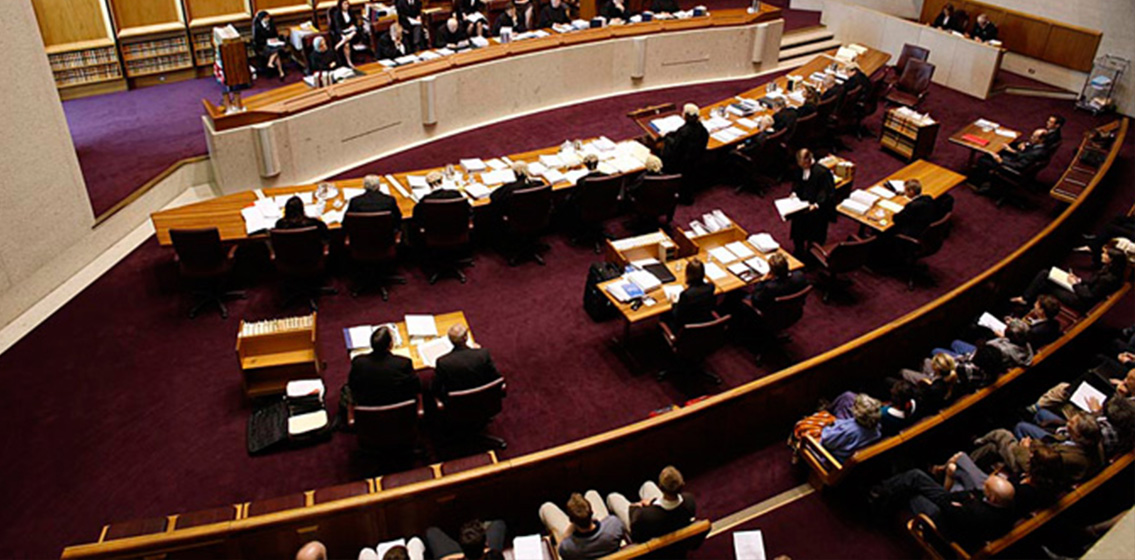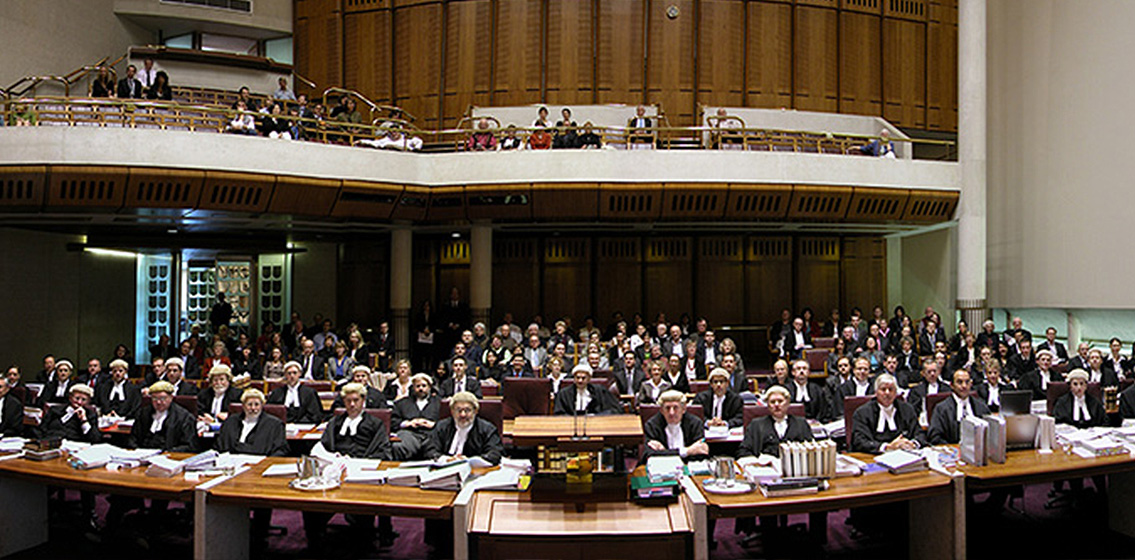This is a possible outcome as the Australian Automotive Dealer Association (AADA) is considering its options over a possible High Court action to test the constitutionality of super-luxury stamp duties imposed by state governments.
The case would test the powers of the states to levy stamp duty on cars if it was found that such stamp duties are in fact the province of Canberra’s taxing powers under the constitution. There is an argument that these taxes could be viewed as an excise.
Apart from the obvious concern the industry has about compounding taxes being levied on the most technically advanced cars available on the market, a critical concern in the motor industry is the ‘contagion’ effect of super-duties spreading to other states.

If all states are be tempted to levy super-luxury stamp duties, this would create a dog’s breakfast of tax levels and rules and regulations across the nation and add to the complexity of trading in and between multiple jurisdictions.
There is also concern being expressed in Canberra that such super-sized stamp duties could get in the way of impending free-trade agreements – especially with Britain and Europe – as they might be seen as non-tariff barriers on luxury cars.
While a successful action in the High Court might not see such duties actually disappear – they would pass to Canberra to collect – it would have the benefit of:
- Such levies on motor vehicles falling under the jurisdiction of one federal treasurer instead of six state treasurers. This would simplify the ability of the industry to monitor the political mood to levy such imposts on car owners and negotiate with one party responsible for import duties, FBT, luxury car tax, GST and, possibly, stamp duty.
- Create one set of common rules across the nation, thus reducing complexity for the motor industry.

David Blackhall
The CEO of the AADA, David Blackhall, told GoAutoNews Premium: “We are keeping our options open. We have got advice that says this might have some legs depending on how we might approach it but we have not made any decisions on it.”
Mr Blackhall said that, according to what the lawyers are saying, the Australian constitution reserves certain taxing powers to the Commonwealth, including excise duties. If the new duties are found to be excise duties then it may be invalid.
So there are certain things that the states cannot do under the way the constitution is written and anything that is not reserved for the Commonwealth is by default available to the states.
Over the years there have been occasions where the states have tried to go beyond their prescribed taxing powers.
The case of Ha vs NSW was decided in the late 1990s where the states were imposing licence fees to sell tobacco. The licence fees were deemed to be in substance an excise duty and therefore invalid.
The net effect on tobacco prices was no different, as the Commonwealth assumed the tax, but it showed that the states do not have the right to invade the taxing powers that are the reserve of the Commonwealth.
While relevant precedent High Court cases have been won on similar grounds to Ha vs NSW, no automotive cases are extant, Mr Blackhall said.
“So what we have at the moment is this: Victoria and Queensland have imposed taxes on a specific class of goods, that is motor cars over $100,000, that are imported into Australia and that gives a signal that it may be considered an excise which the states cannot levy.
“You have treasurers all over Australia looking at this. Jackie Trad has done it in Queensland, Tim Pallas has done it (in Victoria) and the ALP in NSW said it would do it if they got elected. WA is currently in surplus, but will they do it in the future? Maybe.

“So we are trying to get ahead of it. At this stage, all we are saying is that this is worth exploring. We are giving it a good, hard look.”
Meanwhile, the moves by the states to tax high-end luxury cars are not being welcomed in Canberra.
“The AADA has contacted the offices of various federal ministers within the treasury and trade portfolios about the effect of local state taxes that might get Australia sideways on free-trade agreements post Brexit,” Mr Blackhall said.
“A lot of cars that are subject to these punitive stamp duties are sourced out of Europe and Britain.
“Post-Brexit, the Australian government is going to be moving very quickly to get free-trade agreements with both Britain and the Europeans and officials are saying to us that they are worried this might be viewed as a non-tariff trade barrier and they would like to see it dealt with.”
Mr Blackhall said that further legal briefings were to take place on how any potential action might be framed.
“We are not ruling anything in or out at this point. We continue to meet with and take advice from senior counsel. What is certain is that for an industry in its 14th consecutive month of decline, these are bad taxes and bad policy,” he said.
“Undoubtedly, consequences will flow. That’s why we are considering all options.”
Watch this space.
By John Mellor













 Read More: Related articles
Read More: Related articles

